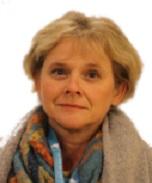Bile duct cancer
Summary
The biliary tree has an intrahepatic (in the liver), extrahepatic (liver pedicle), and intrapancreatic (in the head of the pancreas) portion (Figure 1).
Cancerous tumors that develop in the bile ducts are called cholangiocarcinomas.
A tumor can also develop in the papilla (ampullary tumor), it is called ampulloma.
Gallbladder cancer can also occur. While rare in European populations, it is more frequent in certain parts of the world (India, South America, Japan).
Treatments
Depending on the precise location of the tumor, the treatment, if surgical, will be very different. It may consist in partial removal of the liver called hepatectomy (see liver cancer treatments) in the case of intrahepatic cholangiocarcinoma or certain extrahepatic cholangiocarcinomas, such as Klatskin tumors, or in removal of the head of the pancreas (pancreaticoduodenectomy, also known as Whipple procedure) in the case of intrapancreatic cholangiocarcinoma (see pancreatic cancer treatments).
If surgery is not an option, metabolic radiation therapy has shown promising results. The procedure is carried out in nuclear medicine and consists of injecting radioactive particles into the tumor. However, it is only performed in certain specialized centers such as the Erasmus University Hospital in Rotterdam, with which the Cliniques Universitaires Saint-Luc has a very close collaboration.
In the event of locally extensive disease or metastases, the treatment of choice is chemotherapy.
Special situation: gallbladder cancer
The treatment depends on the stage of the tumor. Sometimes, the removal of the gallbladder alone is sufficient, whereas sometimes it is necessary to carry out an additional hepatic resection of the part of the liver in which the gallbladder is implanted and to remove the lymph nodes that are close to the tumor (lymph node dissection). If the stage is more advanced (inoperable) chemotherapy is administered.
Contact
For any further information, or if you would like to make an appointment, please contact the Oncology Care Coordinator at + 32 2 764 42 22 ou 78 82.
Doctor

Dr Laurence ANNET
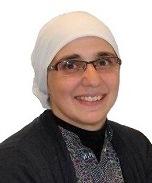
Pr Selda AYDIN
Dr Eliano BONACCORSI

Pr Ivan BORBATH

Pr Olga CICCARELLI
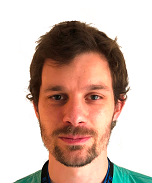
Dr Laurent COUBEAU
Pr Géraldine DAHLQVIST
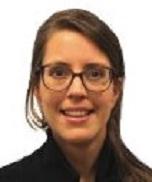
Dr Astrid DE CUYPER
Pr Bénédicte DELIRE

Pr Pierre H. DEPREZ
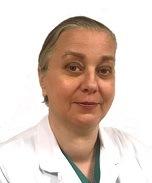
Dr Cristina Anca DRAGEAN

Pr Catherine HUBERT

Pr Nicolas LANTHIER

Pr Renaud LHOMMEL
Dr Lancelot MARIQUE

Pr Peter STARKEL
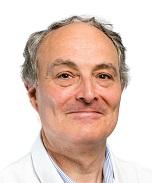
Dr Pierre TREFOIS

Pr Marc VAN DEN EYNDE

Dr Sandy VAN NIEUWENHOVE

Pr Geneviève VAN OOTEGHEM
Paramedical
Laurie de BASSOMPIERRE
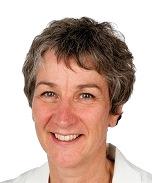
Marianne DEMORCY

Tuan LE TRONG
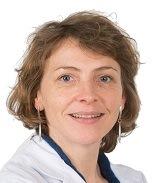
Annie MOREL
Laura THONET
Stéphanie TORDOIR
